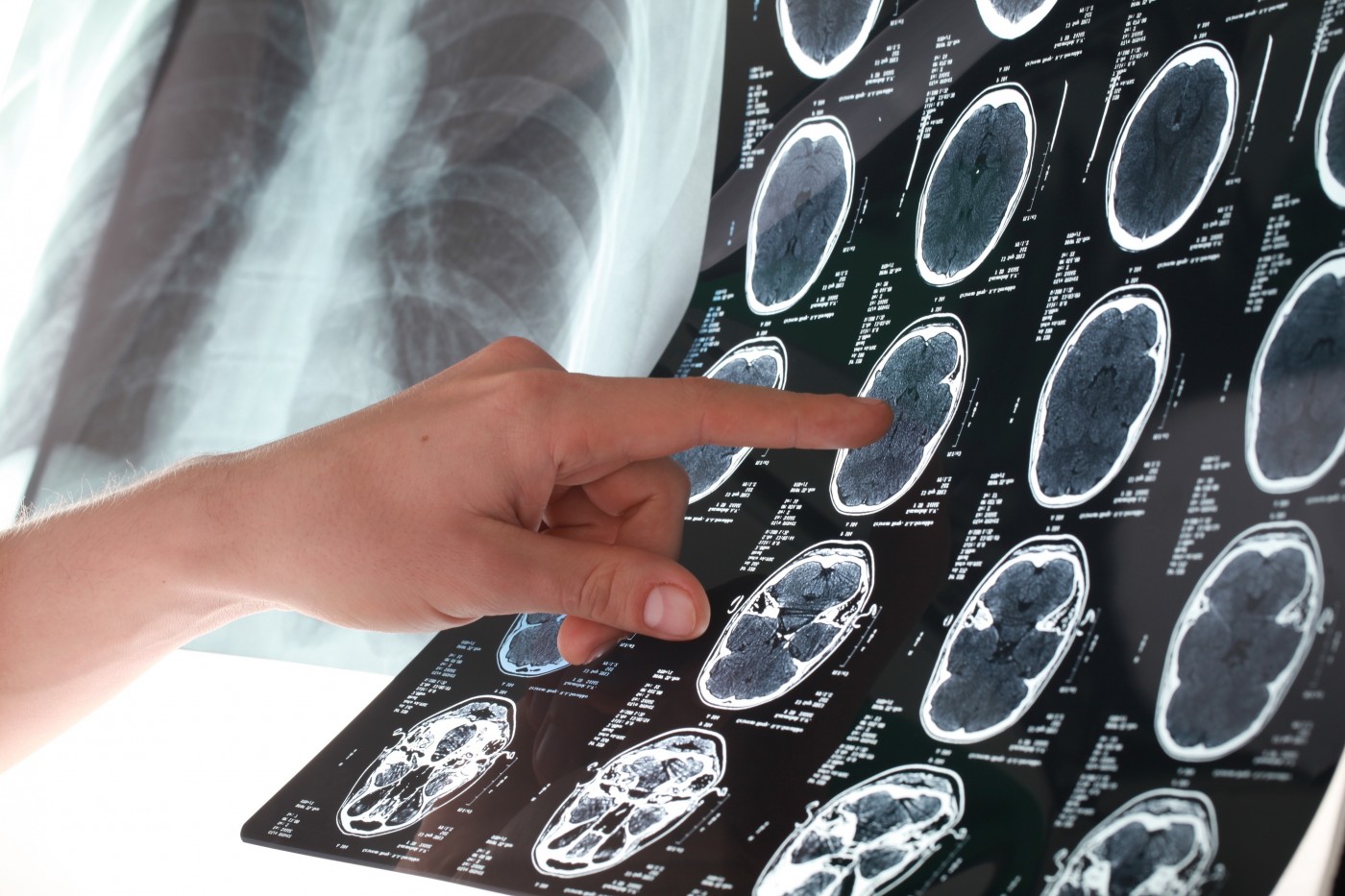Poor Physical and Cognitive Skills in MS Patients Linked to Cerebral Microbleeds
Written by |

As we age, the risk that small blood vessels will start leaking into brain tissue increases, raising our risk of dementia, stroke, and Parkinson’s disease. New research reveals that people with multiple sclerosis (MS) also have these so-called cerebral microbleeds, and links them to increased physical and cognitive disability.
When Robert Zivadinov, a professor of neurology at the Jacobs School of Medicine and Biomedical Sciences at University at Buffalo, realized that the risk factors for these age-related conditions overlapped, he and the Buffalo research team decided to study how small bleeds inside the brain affect MS.
“Our hypothesis was that there is increased prevalence of cerebral microbleeds in MS because progression of that disease is associated with increased likelihood of cardiovascular comorbidities, including hypertension, altered lipid metabolism, overweight/obesity, smoking and diabetes and migraine, all risk factors for cerebral microbleeds,” Dr. Zivadinov, the study’s first author, said in a press release.
The team gathered a group of 445 MS patients, and 45 persons experiencing clinically isolated syndrome — the first symptomatic episode before a definitive MS diagnosis is established. The study, titled “Cerebral Microbleeds in Multiple Sclerosis Evaluated on Susceptibility-weighted Images and Quantitative Susceptibility Maps: A Case-Control Study,” also included 51 patients with other neurological diseases, as well as 177 healthy controls. The article was published in the journal Radiology.
Patients and controls underwent both a clinical examination and magnetic resonance imaging (MRI) scans that easily distinguish blood in the brain tissue. “We found that 20 percent of MS patients over the age of 50 have cerebral microbleeds compared to 7 percent of healthy controls,” said Ferdinand Schweser, the study’s senior author and an assistant professor of neurology at the UB medical school.
Among individuals with clinically isolated syndrome under the age of 50, cerebral microbleeds were common, present in 14% of patients compared to just 3% of healthy people.
Researchers also found that the numbers of microbleeds were linked to the severity of a patient’s condition. Particularly among MS patients, a larger number of cerebral microbleeds was often tied to more physical disability — findings that could not be explained by age, blood pressure (high), or brain volume.
“This is significant because it suggests that cerebral microbleeds are associated with increased physical disability in MS patients, independent of these additional risk factors for cerebral microbleeds,” Dr. Zivadinov said.
Neurospychological exams given 168 MS patients and 50 controls likewise showed that patients with more microbleeds performed worse on verbal learning and memory tests, as well as tests of visual processing speed.
“Those MS patients who have cerebral microbleeds are subject to developing more physical and cognitive disabilities earlier in their disease, and therefore monitoring them more closely might be appropriate,” Dr. Zivadinov concluded.


